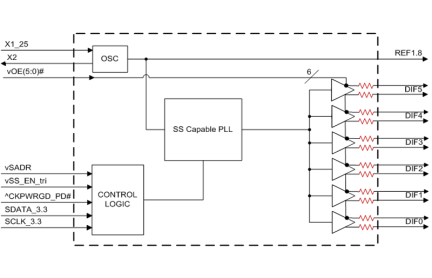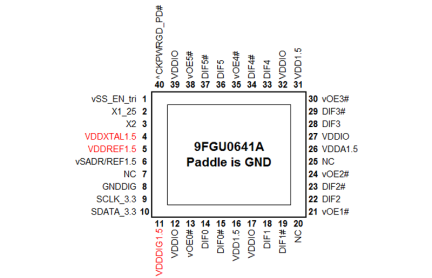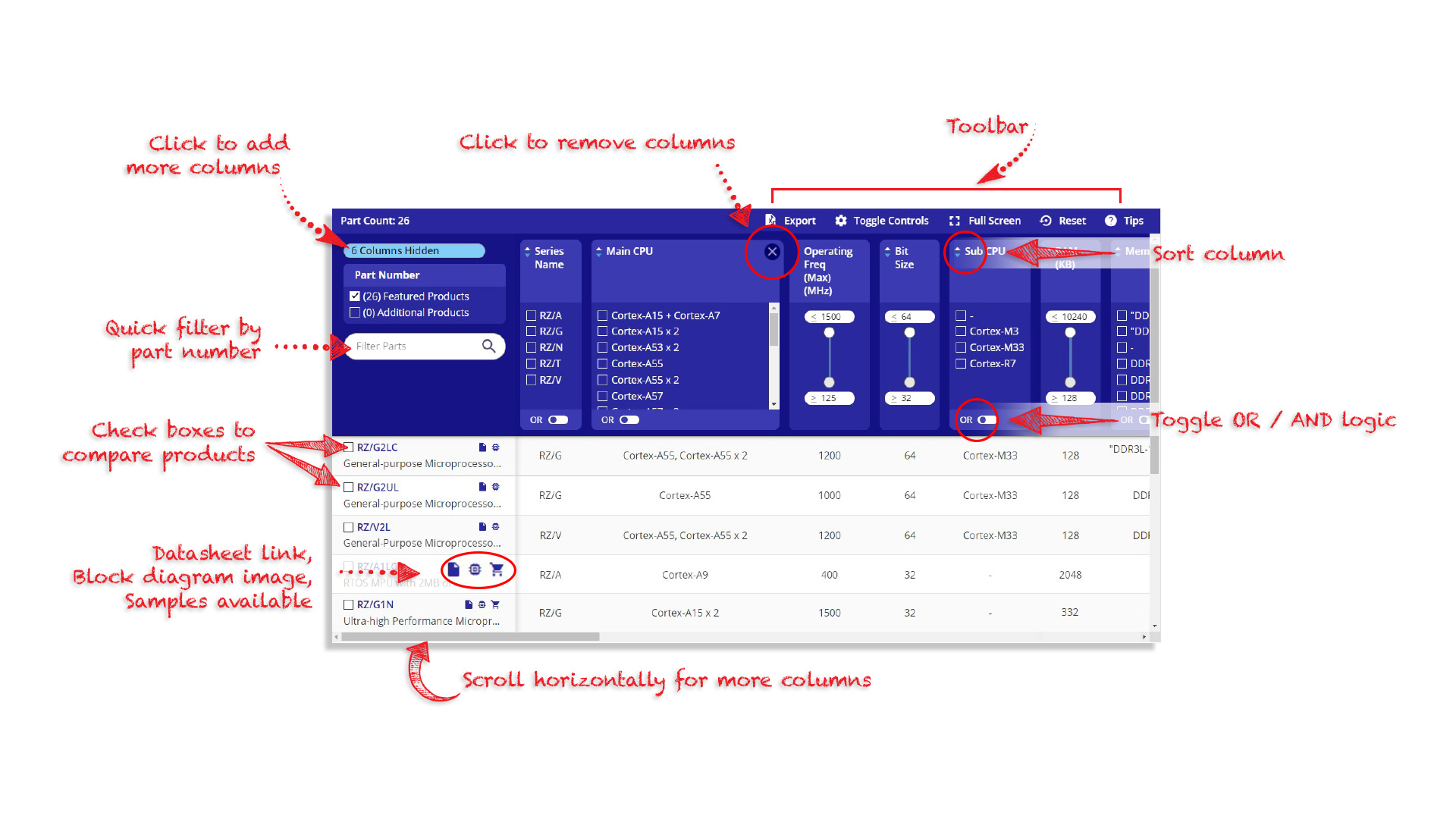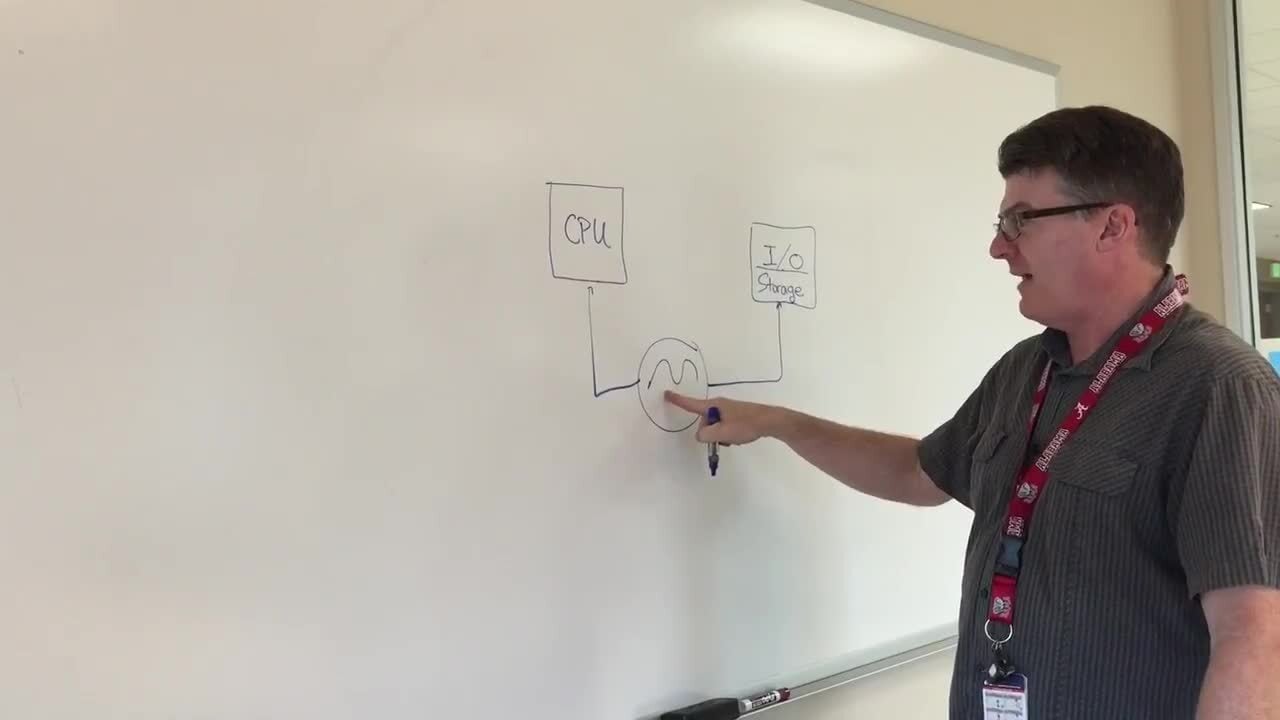Overview
Description
The 9FGU0641 is a member of Renesas' 1.5V ultra-low power PCIe clock family with integrated output terminations providing Zo = 100Ω. The device has six output enables for clock management and supports two different spread spectrum levels in addition to spread off.
For information regarding evaluation boards and material, contact your local sales representative.
Features
- Direct connection to 100ohm transmission lines; saves 24 resistors compared to standard PCIe devices
- 45mW typical power consumption; reduced thermal concerns
- Outputs can optionally be supplied from any voltage between 1.05V and 1.5V; maximum power savings
- OE# pins; support DIF power management
- Programmable slew rate for each output; allows tuning for various line lengths
- Programmable output amplitude; allows tuning for various application environments
- DIF outputs blocked until PLL is locked; clean system start-up
- Selectable 0%, -0.25%, or -0.5% spread on DIF outputs; reduces EMI
- External 25MHz crystal; supports tight ppm with 0ppm synthesis error
- Configuration can be accomplished with strapping pins; SMBus interface is not required for device control
- 3.3V tolerant SMBus interface works with legacy controllers
- Space saving 6mm x 6mm 48-pin VFQFPN; minimal board space
- Selectable SMBus addresses; multiple devices can easily share an SMBus segment
Comparison
Applications
Design & Development
Software & Tools
Models
ECAD Models
Schematic symbols, PCB footprints, and 3D CAD models from SamacSys can be found by clicking on products in the Product Options table. If a symbol or model isn't available, it can be requested directly from the website.

Videos & Training
This is the first video in our PCIe series. In this video, we define PCIe architectures, focusing on common and separate clock architectures. Watch the rest of the video series below where Ron will cover the impact of different timing architectures.
Watch the Video Series Below















